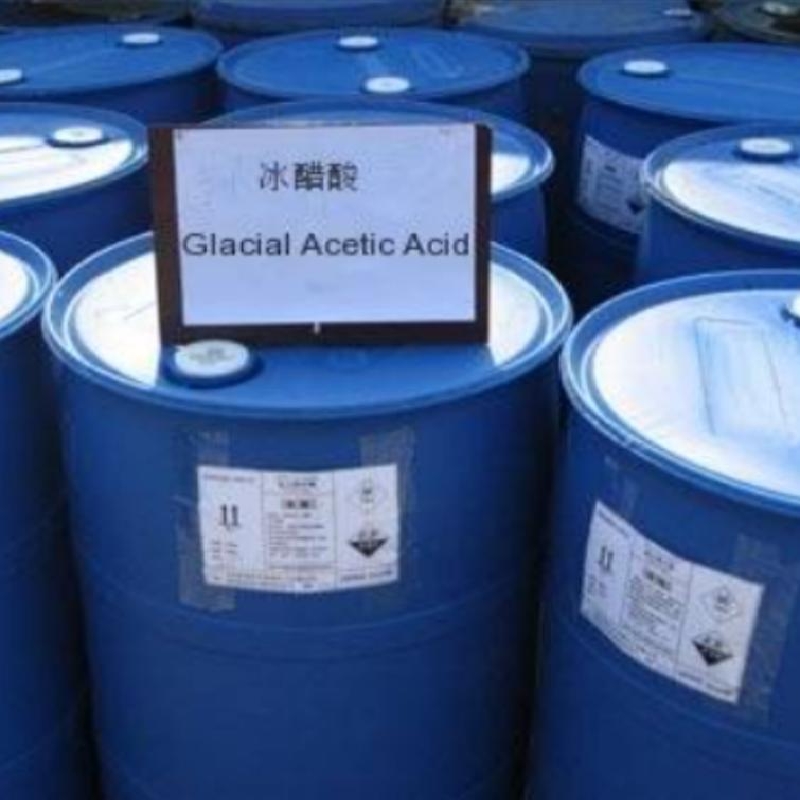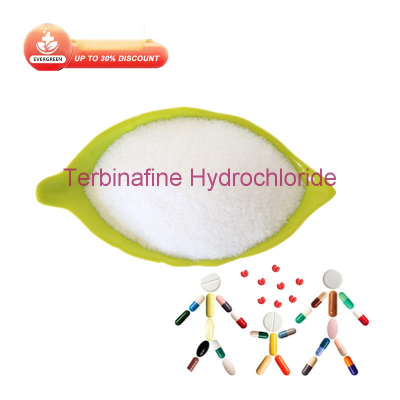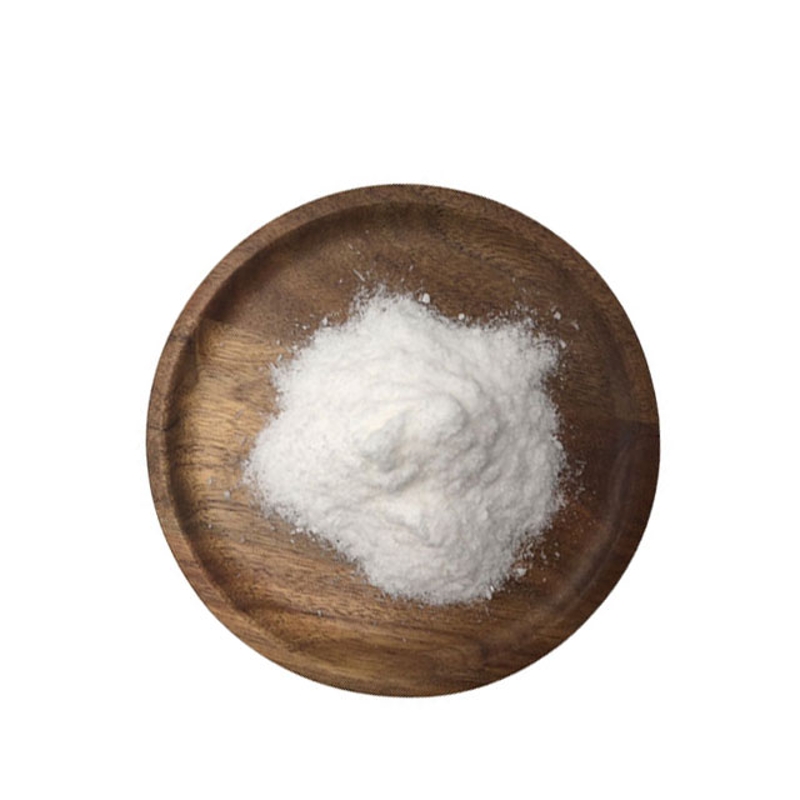-
Categories
-
Pharmaceutical Intermediates
-
Active Pharmaceutical Ingredients
-
Food Additives
- Industrial Coatings
- Agrochemicals
- Dyes and Pigments
- Surfactant
- Flavors and Fragrances
- Chemical Reagents
- Catalyst and Auxiliary
- Natural Products
- Inorganic Chemistry
-
Organic Chemistry
-
Biochemical Engineering
- Analytical Chemistry
- Cosmetic Ingredient
-
Pharmaceutical Intermediates
Promotion
ECHEMI Mall
Wholesale
Weekly Price
Exhibition
News
-
Trade Service
Due to the rapid increase in new cases, coronavirus disease (COVID-19) in 2019 quickly attracted global attention and the pathogen was identified as SARS-CoV-2.
(October 24), according to real-time statistics released by Johns Hopkins University, there have been more than 41.96 million confirmed cases of new crown pneumonia and 1.14 million deaths worldwide.
these figures are updated daily and are expected to increase further.
the nutritional content of breast milk is directly involved in the immune response of newborns.
changes in breast milk composition in the event of a viral infection not only reflect the physiological changes of the mother, but also affect the immunity and metabolism of newborns through breastfeeding.
it is not clear whether breast milk is affected by COVID-19.
October 23, 2020, ZhouXi, Wuhan Virus Institute, Chinese Academy of Sciences, Lin Shuhai, Xiamen University, and Yu Li, Hua zhong University of Science and Technology (Zhao Yin, Shang Yu, Ren Yujie, Be yuanyuan, Qiu Yang as the first author) published online in Signal Transduction and Targeted Therapy, entitled "Omics students reveals and students and proteins. Metabolites in puerperant women with COVID-19" research paper, which took colostom samples from 4 COVID-19 and 2 healthy mothers 3 days after delivery by caesarean section, and found that SARS-CoV-2 serum and viral RNA testing were negative in breast milk samples from COVID-19 patients.
addition, all newborns had an Apgar score of 10.
the study identified 88 proteins (DEPs) expressed differently, indicating that the change in breast milk protein was light in patients with COVID-19.
then, through GO and KEGG process analysis, it was found that DEP was rich in processes involving immune response, inflammation, and metabolism, and that most of the DEPs that were rich in these processes were downgraded.
addition, a total of 340 metabolites were identified, and path analysis revealed changes in amino-tRNA biosynthetic and aromatic amino acid (AAA) metabolism.
these results suggest that the content of radon and its derivatives decreased in breast milk in COVID-19 patients, which may be caused by an inflammatory response.
, proteomics and metabolomics reveal significant changes in many COVID-19-related breast milk proteins and metabolites.
of breast milk may reflect the mother's systemic physiological response to COVID-19.
although no virus has been detected in breast milk, it suggests that feeding with such breast milk may not be beneficial for newborns to establish immunity.
, October 20, 2020, Zhou Xi, Wuhan Virus Research Institute, Wuhan Jinyintan Hospital Zhang Dingyu, Hua zhong university of science and technology ShangYu and Xue Yu Co-communications published a paper on Immunity "Plasma Proteomics Identify Biomarkers and Pathogenesis of CO VID-19", a plasma proteomics analysis of COVID-19, including patients with death, mild or severe illness, analyzed the host's response to COVID-19, and revealed many changes in plasma protein associated with COVID-19.
The study developed a machine learning-based approach to identify 11 proteins as biomarkers and a group of biomarkers that have been validated and accurately distinguished and predicted by an independent research team.
, the study provides valuable knowledge about COVID-19 biomarkers and sheds light on the pathogenesis and potential therapeutic targets of COVID-19.
the rapid increase in new cases, coronavirus disease (COVID-19) in 2019 quickly attracted global attention.
new coronavirus infection is believed to have been transmitted from animals and the pathogen has been identified as SARS-CoV-2.
until January 2020, it is suspected that the first infected patients were infected with the virus through human-to-human transmission.
since January 2020, the virus has spread rapidly to most of China and other countries.
(October 24), according to real-time statistics released by Johns Hopkins University, there have been more than 41.96 million confirmed cases of new crown pneumonia and 1.14 million deaths worldwide.
these figures are updated daily and are expected to increase further.
the nutritional content of breast milk is directly involved in the immune response of newborns.
changes in breast milk composition in the event of a viral infection not only reflect the physiological changes of the mother, but also affect the immunity and metabolism of newborns through breastfeeding.
it is not clear whether breast milk is affected by COVID-19.
first, the researchers took samples of coulosal milk from four COVID-19 and two healthy mothers, all of them by caesarean section (CS), three days after giving birth.
study found that SARS-CoV-2 serological and viral RNA tests were negative in breast milk samples from COVID-19 patients.
addition, all newborns had an Apgar score of 10.
, the study assessed changes in the composition of breast milk in COVID-19 patients using proteomics, lipomics and metabolomic analysis.
the study identified 1,715 proteins, 504 lipids and 340 metabolites in these samples.
noted that although a total of 504 lipids were identified, only 13 lipids showed significant changes.
, the study focused on the characteristics of breast milk proteomics and metabolic groups.
the study identified 88 proteins (DEPs) expressed differently, indicating that the change in breast milk protein was light in patients with COVID-19.
then, through GO and KEGG process analysis, it was found that DEP was rich in processes involving immune response, inflammation, and metabolism, and that most of the DEPs that were rich in these processes were downgraded.
, a total of 340 metabolites were identified.
analysis revealed changes in amino-tRNA biosynthetic and aromatic amino acid (AAA) metabolism.
, KEGG showed that protein digestion and absorption, amino-tRNA biosynthetics and tryptophan metabolism were also highlighted.
the study further identified 17 aromatic amino acids and their derivatives, revealing a significant decrease in the level of metabolites involved in tryptophan breakdown metabolism in coVID-19 patients' breast milk.
, these results suggest that the content of radon and its derivatives decreased in breast milk in COVID-19 patients, possibly due to an inflammatory response.
, proteomics and metabolomics reveal significant changes in many COVID-19-related breast milk proteins and metabolites.
note that DEP in breast milk in COVID-19 patients is mainly rich in immune response.
consistent with observations, there were significant changes in the microbial metabolites derived from AAA through bacterial channels in the breast milk of COVID-19 patients.
of breast milk may reflect the mother's systemic physiological response to COVID-19.
although no virus has been detected in breast milk, it suggests that feeding with such breast milk may not be beneficial for newborns to establish immunity.
.







